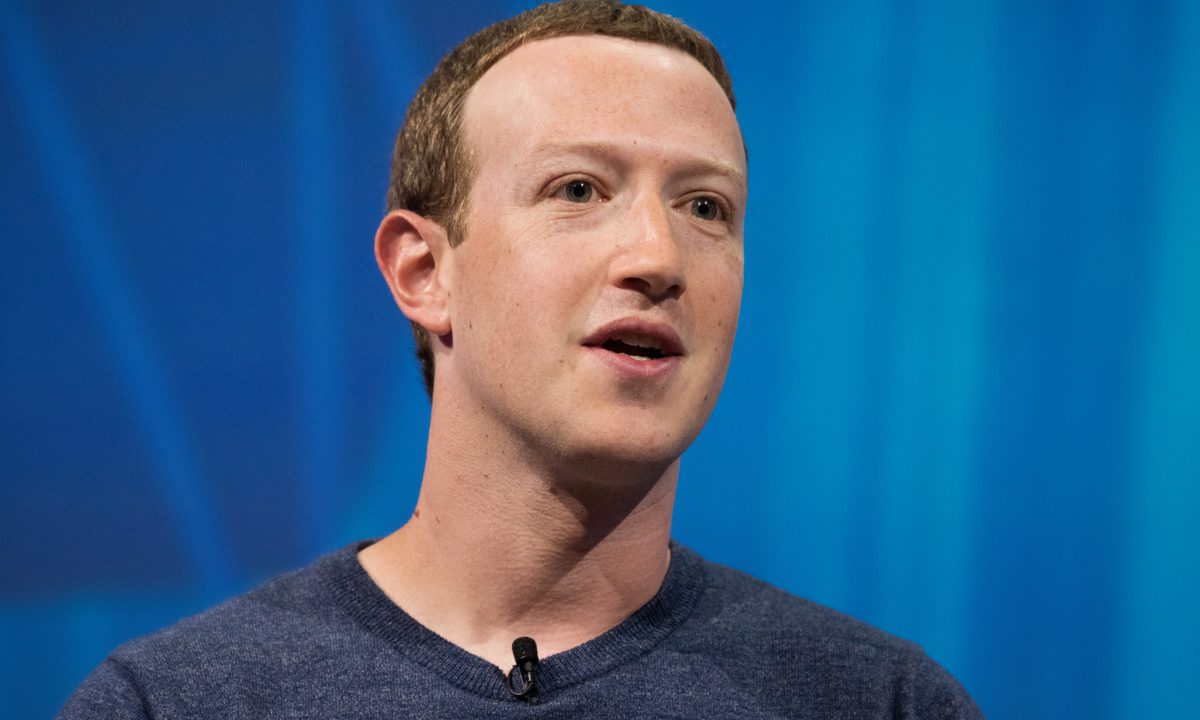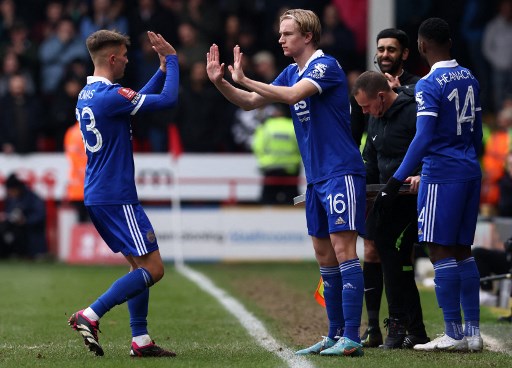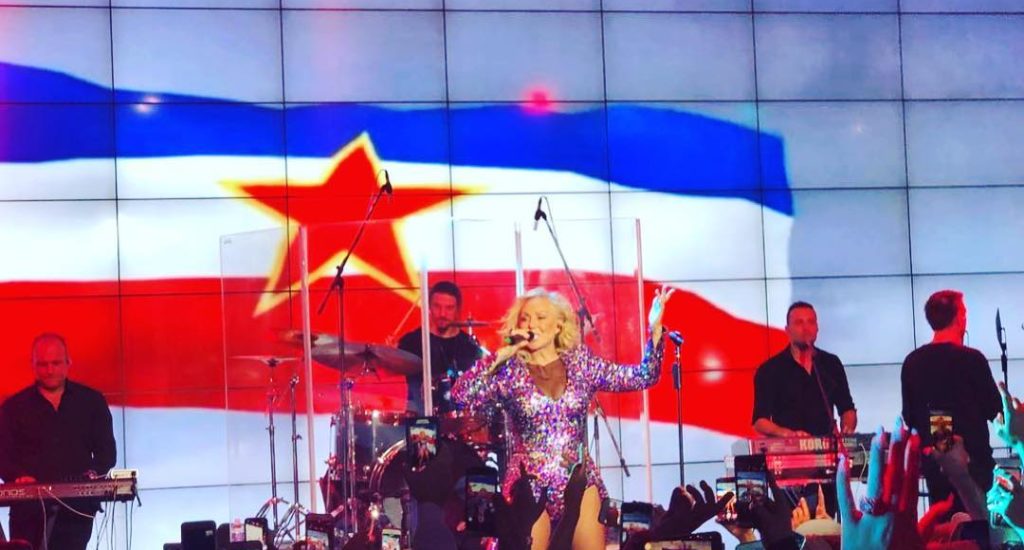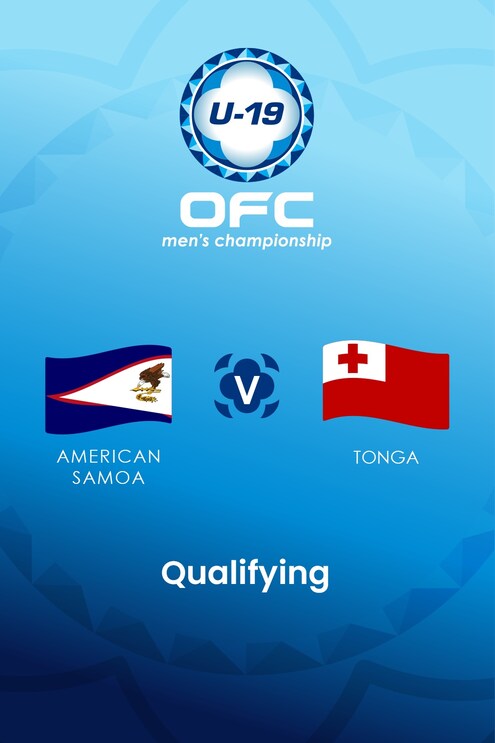The FTC And Meta: Current Status Of The Instagram And WhatsApp Antitrust Case

Table of Contents
The FTC's Allegations
The FTC's core argument centers on the assertion that Meta's acquisitions of Instagram in 2012 and WhatsApp in 2014 were anti-competitive maneuvers designed to eliminate potential rivals and solidify Meta's dominance in the social media market. The commission alleges that these acquisitions stifled competition, harming consumers in several ways.
-
Suppression of Competition: The FTC argues that by acquiring Instagram and WhatsApp, Meta prevented these companies from becoming significant competitors to Facebook, thus reducing competitive pressure and innovation. This allowed Meta to maintain its near-monopoly in the social networking sector.
-
Monopolization of Social Media Markets: The FTC claims Meta leveraged its existing market power to acquire potential competitors, resulting in a significant reduction in competition within the social networking, photo-sharing, and messaging app markets.
-
Harm to Innovation: The lack of competitive pressure, the FTC argues, has slowed innovation in the social media space. Had Instagram and WhatsApp remained independent, they might have developed alternative features and services, fostering greater diversity and improvements for consumers.
-
Reduced Consumer Choice: The FTC contends that Meta's acquisitions have limited consumer choice, forcing users to rely on Meta's platforms with less innovation and fewer alternatives.
The FTC’s case relies heavily on the collection of internal documents and communications which reveal Meta's strategic motivations for the acquisitions. These documents serve as crucial evidence in the FTC's efforts to demonstrate anti-competitive intent. This case relies on Section 7 of the Clayton Act which we'll explore further below.
Meta's Defense
Meta vehemently denies the FTC's allegations. Their defense rests on several key arguments:
-
Innovation and Improved User Experience: Meta argues that the acquisitions led to significant innovation and improvements in user experience across its platforms. They claim that integrating these services created synergies and enhanced functionalities for users. They highlight cross-platform features and improvements in user experience as evidence.
-
Pro-Competitive Acquisitions: Meta contends that the acquisitions were actually pro-competitive, spurring innovation and expanding the reach of its services. They maintain that the acquisitions brought significant benefits to users globally.
-
Flawed Market Definition: A core element of Meta's defense challenges the FTC’s definition of the relevant market. Meta argues that the market is much broader than just social networking, encompassing a wider range of communication and entertainment platforms, thus diminishing the significance of their market share.
Meta's legal team has presented extensive evidence, including expert testimony and market data, to support their claims. Their official statements and legal filings emphasize the benefits of the acquisitions for users and the broader technological landscape.
Key Developments in the Case
The FTC and Meta antitrust case has progressed through several significant stages:
-
Initial Filing: The FTC initially filed its complaint against Meta in 2019.
-
Court Rulings: The case has faced several procedural hurdles and rulings, including motions to dismiss and discovery disputes.
-
Arguments Presented: Both sides have presented extensive evidence and legal arguments in support of their respective positions.
-
Current Status: As of [Insert Current Date], the case remains [Insert Current Status - e.g., ongoing, under appeal, etc.]. (Link to relevant news article/legal database).
The Role of Section 7 of the Clayton Act
Section 7 of the Clayton Act prohibits mergers and acquisitions that may substantially lessen competition or tend to create a monopoly. The FTC, in this case, bears the burden of proving that Meta's acquisitions of Instagram and WhatsApp violated this section. They must demonstrate that the acquisitions have, or are likely to, substantially lessen competition in the relevant market. This requires a thorough analysis of market structure, market power, and the potential anti-competitive effects of the mergers.
Potential Implications and Outcomes
The potential outcomes of this landmark antitrust case are significant and far-reaching:
-
Divestiture: If the FTC prevails, Meta could be forced to divest itself of Instagram or WhatsApp, effectively breaking up its social media empire.
-
Significant Fines: Meta could face substantial financial penalties for violating antitrust laws.
-
Changes to Business Practices: Even without divestiture, the court could mandate changes to Meta's business practices to foster greater competition.
The outcome of this case will set a precedent for future mergers and acquisitions in the tech industry, influencing how regulators approach similar deals involving major tech companies.
Conclusion
The FTC and Meta antitrust case is a pivotal moment in the ongoing debate surrounding the regulation of Big Tech. The key arguments presented by both sides—the FTC's allegations of anti-competitive behavior and Meta's defense emphasizing innovation and pro-competitive outcomes—highlight the complexities of antitrust law in the dynamic digital landscape. The potential consequences—ranging from divestiture to significant fines—underpin the importance of this case for the future of competition and consumer choice in the social media sphere. The impact will reverberate throughout the tech industry and shape how future mergers and acquisitions in the sector are evaluated. Stay informed about the ongoing FTC and Meta antitrust lawsuit, and further research related antitrust laws and cases like the Google antitrust case, to understand the broader implications of this significant legal battle. Understanding the nuances of this Meta antitrust lawsuit is crucial for comprehending the evolving landscape of competition in the digital age.

Featured Posts
-
 Wsoc Tv Michael Sheens 100 000 Gift Clears 1 Million Debt For 900
May 01, 2025
Wsoc Tv Michael Sheens 100 000 Gift Clears 1 Million Debt For 900
May 01, 2025 -
 Zdravkove Prve Ljubavi Prica O Pjesmi Kad Sam Se Vratio
May 01, 2025
Zdravkove Prve Ljubavi Prica O Pjesmi Kad Sam Se Vratio
May 01, 2025 -
 Red Flag Warning Fuels Devastating Bartlett Texas Fire Two Structures Lost
May 01, 2025
Red Flag Warning Fuels Devastating Bartlett Texas Fire Two Structures Lost
May 01, 2025 -
 Controversy Erupts Trump Administration Demands Removal Of Transgender Swimmers Records From University Of Pennsylvania
May 01, 2025
Controversy Erupts Trump Administration Demands Removal Of Transgender Swimmers Records From University Of Pennsylvania
May 01, 2025 -
 Road To Ofc U 19 Womens Championship 2025 Tongas Qualifying Journey
May 01, 2025
Road To Ofc U 19 Womens Championship 2025 Tongas Qualifying Journey
May 01, 2025
